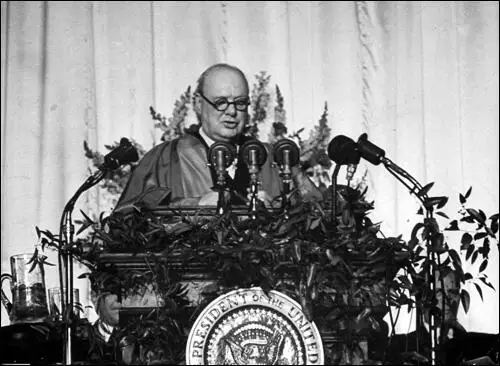On this day on 20th September
On this day in 1066 Harald Hardrada of Norway defeats Northern Saxon Earls Edwin and Morcar at the Battle of Fulford. Hardrada arrived in England with around 300 ships sailed along the coast and did some plundering, including the burning of Scarborough. Four days later the invaders took York. When Harold was told by a messenger that Hardrada of Norway had invaded with the intentions of conquering all of England, it is said that the king replied: "I will give him just six feet of English soil; or, since they say he is a tall man, I will give him seven feet!"
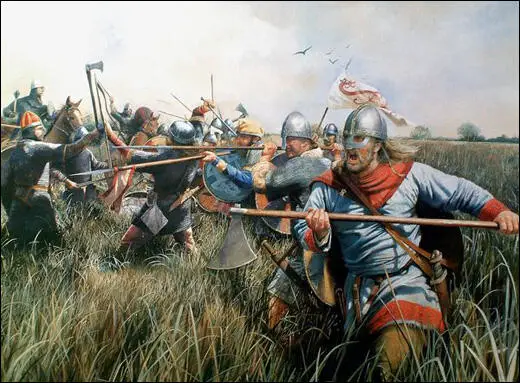
On this day in 1643 the Battle of Newbury, in the English Civil War, took place. Charles I, with 8,000 foot soldiers and 6,000 cavalrymen, set up defensive positions to the west of the town. Prince Rupert was in command of the cavalry and Jacob Astley the infantry. Robert Devereux arrived with 10,000 foot soldiers and 4,000 cavalrymen. Although he arrived after the Royalists he managed to secure the best ground at Round Hill. An attack led by John Byron and his Cavaliers failed to capture the position from the Roundheads. The Royalists ran short of ammunition and that night, despite the protests of Prince Rupert and John Byron, the king decided to withdraw to Oxford.
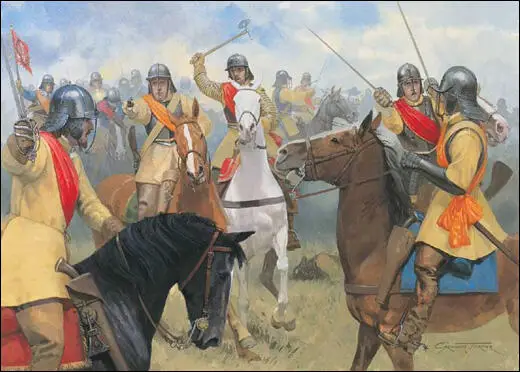
On this day in 1746 Bonnie Prince Charlie, who had invaded England with 5,000 men, was forced to flee to France. Charles's army were chased into the Scottish Highlands. Many of those who had joined Charles' army were executed and their land was given to those who had remained loyal to George II. Scotsmen were also banned from wearing kilts and playing bagpipes.
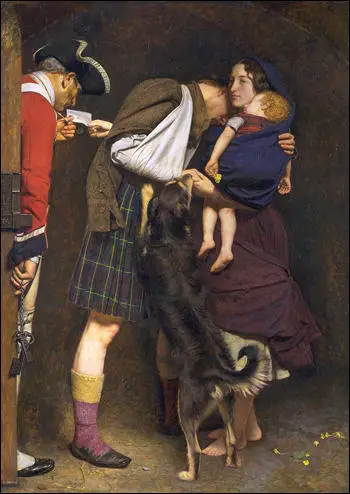
On this day in 1803 Titus Salt was born in Morley near Leeds. By 1840 he owned five textile mills in Bradford. In 1850 at Saltaire he built the largest and most modern mill in Europe. Noise in the factory was reduced by placing underground much of the shafting which drove the machinery. Large flues removed the dust and dirt from the factory floor. To ensure that the neighbourhood did not suffer from polluted air, the mill chimney was fitted with Rodda Smoke Burners. At first Salt's 3,500 workers travelled to Saltaire from Bradford. However, during the next few years, 850 houses were built for his workers. Saltaire also had its own park, church, school, hospital, library and a whole range of different shops. The houses in Saltaire were far superior to those available in Bradford and other industrial towns. Fresh water was piped into each home from Saltaire's own 500,000 gallon reservoir. Gas was also laid on to provide lighting and heating. Unlike the people of Bradford, every family in Saltaire had its own outside lavatory. To encourage people to keep themselves clean, Salt also arranged for public baths and wash-houses to be built in Saltaire.
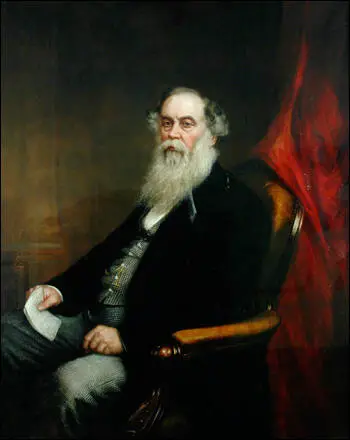
On this day in 1854 the Battle of the Alma took place. It was the first major battle of Crimean War between an allied expeditionary force (made up of French, British, and Egyptian forces) and Russian forces defending the Crimean Peninsula. The battle cost the French roughly 1,600 casualties, the British 2,000, the Egyptians 503, and the Russians some 5,000.
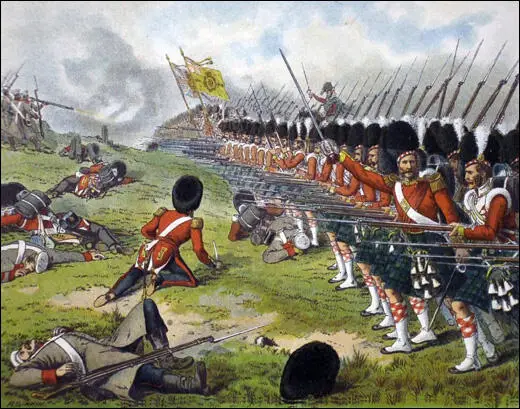
On this day in 1860 Prince of Wales (later King Edward VII) became the first member of the British royal family to visit the United States.
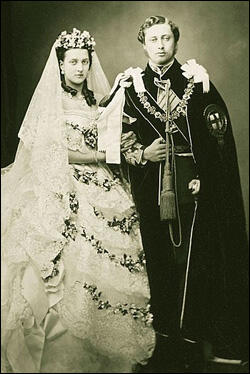
On this day in 1870 Mayor William Tweed of New York City, after a campaign by the cartoonist Thomas Nast and Harper's Weekly was accused of corruption. Tweed was arrested and found guilty of corruption, was sentenced to 12 years in jail. Tweed, who had made an estimated $200,000,000 from his activities, was able to use his wealth to escape from prison. Tweed fled to Cuba, before moving on to Spain. An American in Spain recognised Tweed from one of Nast's cartoons that he had. He used the cartoon to convince the authorities and Tweed was arrested and sent back to the United States. Tweed died in prison in 1878.
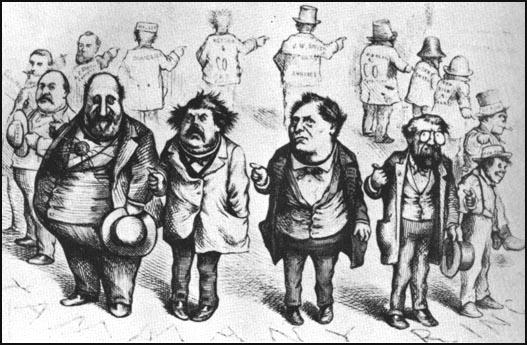
Sweeney, Richard Connolly and Oakley Hall that appeared in Harper's Weekly (19th August, 1871)
On this day in 1875 Matthias Erzberger, the son of a craftsman, was born in Wurttemberg. Erzberger joined the Centre Party and was elected to the Reichstag in 1903. On the left of the party, he attacked the way that Germany treated the African people in its colonies. On 11th November, 1918, Erzberger headed the German delegation who signed the Armistice. In June, 1919 Erzberger became finance minister and he endorsed the Treaty of Versailles. His liberal views made him unpopular with Adolf Hitler and other right-wing nationalists and in March 1920, he was forced from office. Matthias Erzberger was murdered in Baden by members of the Freikorps on 26th August 1921.
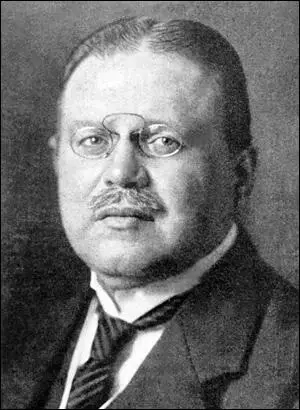
On this day in 1878 Upton Sinclair was born in Baltimore. A socialist he was the author political committed novels. Sinclair had his novel, The Jungle, rejected by six publishers. A consultant at Macmillan wrote: "I advise without hesitation and unreservedly against the publication of this book which is gloom and horror unrelieved. One feels that what is at the bottom of his fierceness is not nearly so much desire to help the poor as hatred of the rich." Sinclair decided to publish the book himself and after advertising his intentions in the Appeal to Reason, he got orders for 972 copies. When he told Doubleday of these orders, it decided to publish the book. The Jungle (1906) was an immediate success selling over 150,000 copies. In the first year he received $30,000 (equivalent to $600,000 today) in royalties. Sinclair a member of theSocialist Party and was its candidate to become governor of California in 1926. Dragon's Teeth (1942) on the rise of Nazi Germany won him the Pulitzer Prize.
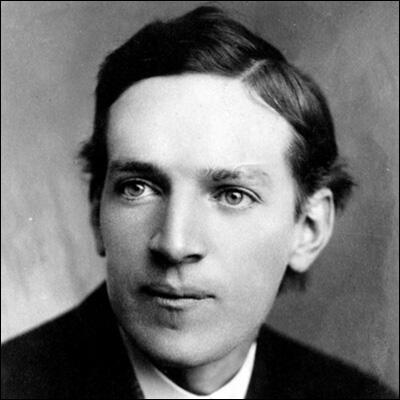
On this day in 1881 Chester Arthur was sworn in as 21st president. He replaced James Garfield, who had been assassinated by Charles J. Guiteau. There was fear that Arthur was under the control of Roscoe Conking. However, he gave his support to the Civil Service Act (1883) that created a merit-based system of appointment and promotion. He also vetoed an $18 million rivers and harbours bill that would have provided money for political patronage.
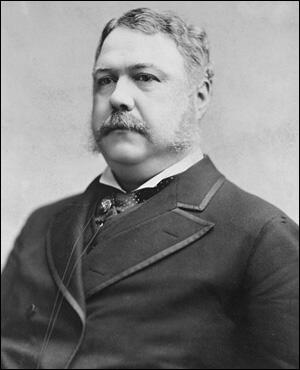
On this day in 1884 Equal Rights Party nominated Belva Lockwood for US President. During the campaign Lockwood called for the "reform of political and social abuses; the emancipation of labor, and the enfranchisement of women". Lockwood also argued in favour of improved civil rights and the abolition of capital punishment. Her campaign created a great deal of hostility and she only won 4,149 votes and was easily beaten by Grover Cleveland (4,874,986).
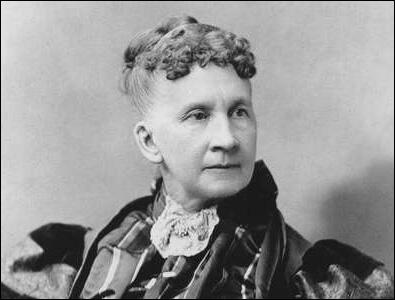
On this day in 1918 Stepan Shaumyan was executed. After the Bolshevik Revolution he was elected chairman of the Baku Soviet and joined the Communist Party Central Committee. During the Russian Civil War he was arrested by British troops in Krasnovodsk.
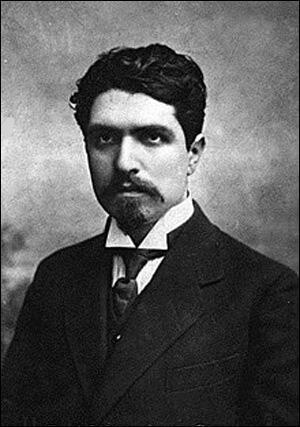
On this day in 1939 David Low published his cartoon Rendezvous. Low pointed out in his autobiography: "Britain and France were dragged to war under such uninspiring and disadvantageous circumstances that it seemed hardly possible for them to win. What a situation! In gloomy wrath at missed opportunity and human stupidity I drew the bitterest cartoon of my life, Rendezvous, the meeting of the 'Enemy of the People' with the 'Scum of the Earth' in the smoking ruins of Poland."
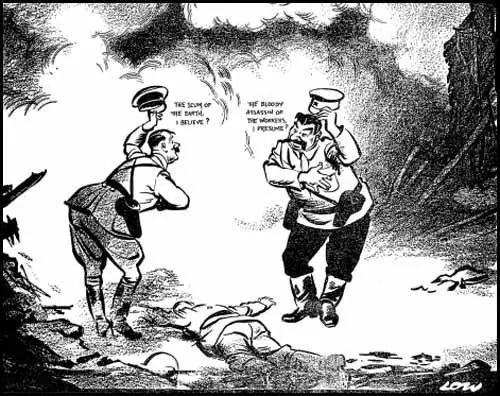
On this day in 1944 John Charles was born in Canning Town. His father was from Grenada and worked as a seaman. Charles won five Youth caps for England, the first black player to represent England at any level. At the age of nineteen he captained the West Ham United team that beat Liverpool 6-5 in the 1963 Youth Cup. The first black player to lead a first-class side to a major trophy. In the 1968-69 season Charles suffered a series of injuries. He was limited to just five games in 1969-70 season. At the age of 26 he decided to give up football. Charles died of lung cancer on 17th August 2002. Brian Dear said at his funeral: "Football is surely indebted to him as he undoubtedly paved the way for his black brothers who now enjoy the fame, riches and adulation, which he most certainly helped make possible."
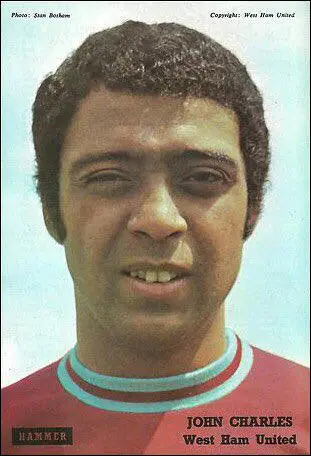
On this day in 1946 Winston Churchill argued for a "United States of Europe" at a lecture at the University of Zurich. Following the Second World War, he was convinced that only a united Europe could guarantee peace. His aim was to eliminate the European ills of nationalism and war-mongering once and for all: "There is a remedy which would in a few years make all Europe free and happy. It is to re-create the European family, or as much of it as we can, and to provide it with a structure under which it can dwell in peace, in safety and in freedom."
